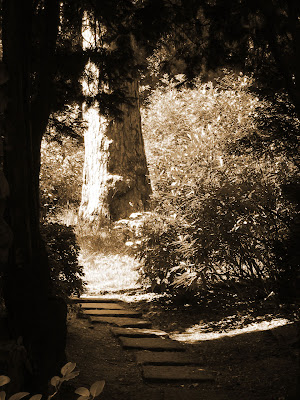
When Yuja Wang, Andrew Litton, and the NSO debuted Jennifer Higdon's Piano Concerto last December at Washington D.C.'s Kennedy Center, I was one of those seated in the chorister seats behind the stage. (The program also included a Rimsky-Korsakov suite from
The Snow Maiden and Tchaikovsky's Symphony No. 1 "Winter Dreams.") Even though there was nothing on the program I had been anxious to hear, this ended up being one of the best concert experiences of my life so far.
There was the experience of seeing Higdon herself walk onto the stage and address the crowd, only to find out that hers was a contemporary work I could enjoy. Then, there was the experience of watching (from over and behind the stage) Andrew Litton conduct my local orchestra, the National Symphony. I've heard them play a good number of times now, but I had never heard them sound as refined as they did that night. I wonder how many other lesser known works would be so easy to grasp and to enjoy under his baton?
This concert was also my introduction to pianist Yuja Wang, who it turns out is one of the most famous young pianists in the world today. The style of the Higdon concerto did not allow me to learn much about her playing beyond her considerable technique, but I've since listened to some of her recordings with Deutsche Grammophon and am particularly impressed with her playing of Stravinsky's Three Movements from
Petrushka. Incidentally, whether or not you're a fan of Stravinsky, I recommend this work.
In the past, my choice of concerts to attend was based almost entirely on the works being performed. Now, however, I've learned how rewarding it can be simply to experience the rich elements of the classical music culture of our day. Indeed, rather than being disappointed by a mediocre performance of a favorite work, it is sometimes better to experience something wholly new under the guidance of great and inspired artists. In the case of this December concert (the tickets for which were a surprise gift from my girlfriend), I couldn't have asked for a better early Christmas present.











